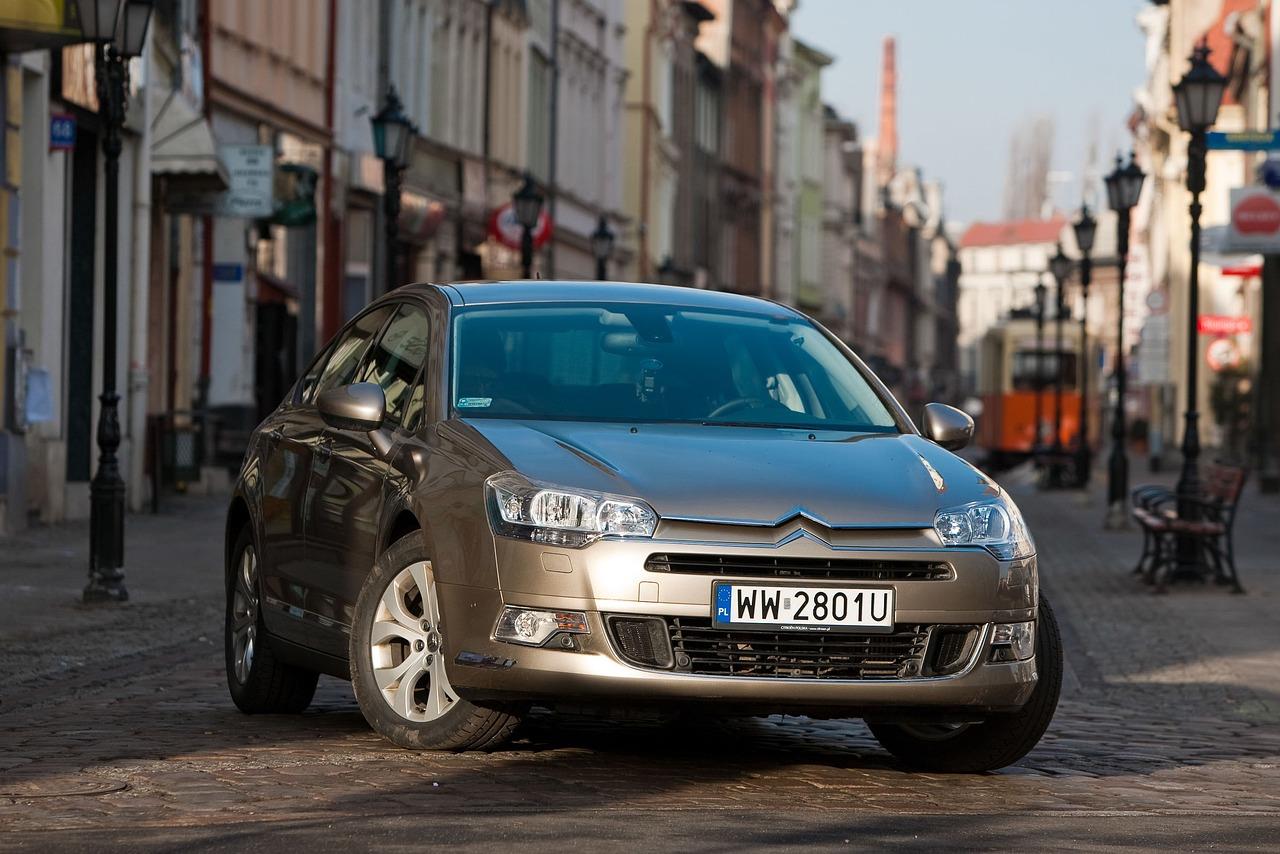|
Citroën, a renowned French automobile manufacturer, has a reputation for crafting vehicles that blend style, comfort, and innovation. Like all modern cars, Citroën models rely heavily on electronic control units (ECUs) to manage critical systems such as engine performance, braking, and air conditioning. However, as advanced as these systems are, ECUs are not immune to issues. Understanding common Citroën ECU problems and how to address them can save time, money, and frustration. What Is an ECU and Why Is It Crucial?The ECU is often referred to as the “brain” of a vehicle. It processes data from sensors and sends commands to various components, ensuring optimal performance and safety. In Citroën vehicles, ECUs are used for a wide range of functions, from controlling fuel injection to managing advanced driver-assistance systems. Given their complexity, even minor ECU issues can have a ripple effect, impacting multiple systems within the vehicle. This is why timely diagnosis and repair are essential to maintaining the performance and reliability of your Citroën. Common Citroën ECU ProblemsCitroën owners have reported several recurring ECU-related issues over the years. Here are the most common problems and their potential causes: 1. Engine Performance IssuesOne of the most frequent signs of ECU trouble is poor engine performance. Symptoms can include rough idling, stalling, or a noticeable drop in power. These issues are often caused by faulty software, damaged wiring, or corrupted data within the ECU. 2. Transmission Control ProblemsCitroën models equipped with automatic transmissions sometimes suffer from ECU failures that affect gear shifting. Drivers may experience delayed shifts, gear slippage, or even complete transmission failure. This issue is usually linked to communication errors between the transmission ECU and other vehicle components. 3. Electrical System MalfunctionsModern Citroën vehicles rely on ECUs to control various electrical features, such as power windows, lighting, and climate control. A malfunctioning ECU can cause these systems to behave erratically, such as lights flickering, windows not responding, or air conditioning failing to maintain the desired temperature. 4. Faulty Warning LightsECU issues can trigger dashboard warning lights, such as the check engine light, ABS warning, or airbag indicator. Sometimes, these lights appear without an actual underlying problem, while in other cases, they fail to light up when there is a genuine issue. 5. Poor Fuel EconomyAn ECU that struggles to manage fuel injection or air-fuel ratios can lead to poor fuel economy. This is particularly common in older Citroën models or those that have experienced water damage to the ECU. How to Address Citroën ECU Problems EffectivelyDealing with ECU issues can seem daunting, but most problems can be resolved with the right approach. Here’s a step-by-step guide to addressing common Citroën ECU problems: 1. Perform a Diagnostic ScanThe first step in identifying an ECU problem is to perform a diagnostic scan using an OBD-II scanner. This tool reads error codes stored in the ECU and provides valuable insights into the nature of the issue. Many Citroën-specific diagnostic tools can pinpoint problems more accurately than generic scanners. 2. Check Wiring and ConnectionsFaulty wiring or loose connections are common culprits behind ECU malfunctions. Inspect the wiring harness for signs of damage, corrosion, or disconnection. Cleaning and securing connectors can often resolve intermittent issues. 3. Update or Reflash the ECUIn some cases, ECU issues stem from outdated or corrupted software. Reflashing the ECU with updated firmware can resolve many performance problems. Citroën dealerships or authorized service centers can perform this service, ensuring compatibility and reliability. 4. Repair or Replace the ECUIf the ECU itself is damaged, repair or replacement may be necessary. Reputable specialists can repair minor damage to circuit boards, but severe issues often require replacing the ECU entirely. Always ensure that replacement units are compatible with your Citroën model and properly programmed. 5. Prevent Future ProblemsRegular maintenance is key to preventing ECU issues. Keep sensors clean, protect the ECU from water exposure, and ensure the battery is in good condition. Voltage fluctuations from a failing battery can damage sensitive ECU components over time. When to Seek Professional HelpWhile some ECU issues can be resolved at home, others require professional expertise. If you’re unable to diagnose the problem, or if the vehicle exhibits multiple symptoms, it’s best to consult a Citroën specialist. They have the tools and experience needed to accurately diagnose and repair ECU problems – https://ecusale.com/en_GB/c/CITROEN/59. The Importance of Addressing ECU Problems PromptlyIgnoring ECU issues can lead to more significant problems down the line, including costly repairs and compromised safety. By addressing these problems promptly and effectively, you can ensure your Citroën continues to deliver the performance and reliability you expect. In conclusion, while ECU problems can be frustrating, understanding their causes and solutions can make them manageable. With regular maintenance, timely diagnostics, and the right repairs, Citroën owners can keep their vehicles running smoothly for years to come. |

